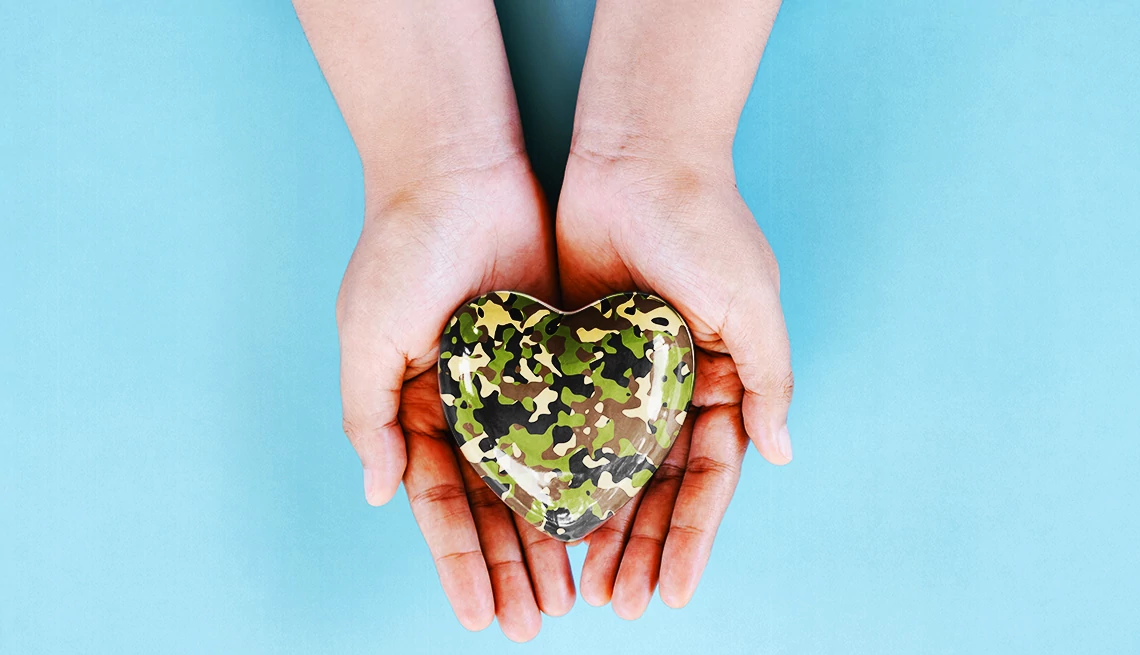AARP Hearing Center


It’s been a long time coming. For some Vietnam veterans who never heard thank you, it’s been decades.
“We were told to take off our uniforms prior to leaving the base,” recalled Larry Dodson, 77, an Air Force veteran from South Carolina. “It was such a divisive, turbulent time to arrive home and face such scorn and disrespect for doing what our government ordered us to do.
“My grandfather served, my father served, as did his three brothers, and I felt it as my honor, duty, and obligation to continue this tradition. When anyone takes their time to acknowledge my service, I feel honored and respected which is completely opposite of how I felt when I arrived back to the United States from Vietnam.”
Many organizations have stepped up. Through them, the public can say thank you with more than just words and instead put their time, money, energy and attention into honoring veterans properly. Here’s what you can do:
Ask a veteran about their service
The “thank you for your service” statement, however well-intentioned, can seem superficial. Instead, engage a veteran in meaningful conversation by asking them which branch of the armed forces they were in and where they served. You’ll be surprised by how much you might learn.
Educate yourself
Reading books, watching documentaries and listening to podcasts about the conflicts the U.S. has been involved in will help stimulate conversation.
Knowing about what happened in the Vietnam War — the basic chronology and the different battles and bases — will go a long way in the above conversation. Awareness of the major events, laid out here by the Army, can increase your appreciation of what our troops have fought for and why.
Know the terminology
No one expects a civilian to speak in military acronyms and jargon — in fact, that is likely to seem a little fake. But we should all know that Marines are not soldiers and that there are no Medal of Honor winners, only Medal of Honor recipients. Having an understanding of military ranks and specialisms is appreciated by veterans and is part of being an interested, engaged citizen.































































More From AARP
Green Beret Finally Receives the Highest Honor
Paris Davis, 85, was among the first Black soldiers in the Special ForcesVA: Free Copays for Veterans’ Mental Health Visits
Covers first three outpatient visits per yearMarine Vet Receives Wish of a Lifetime
Records song in Nashville studio for cancer research
Recommended for You